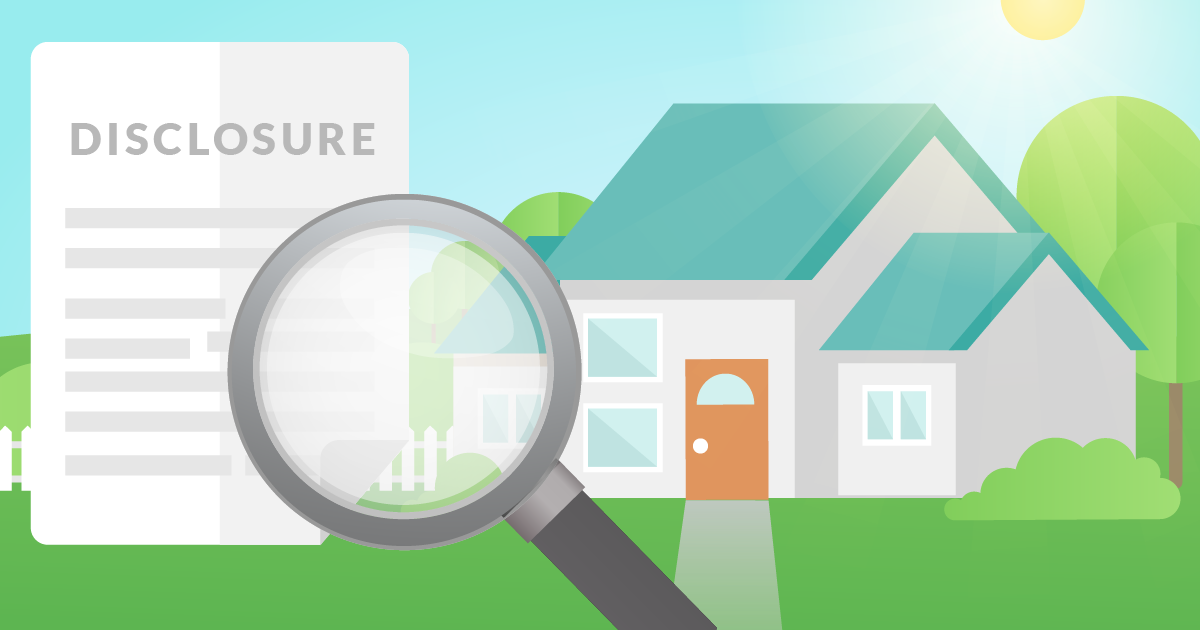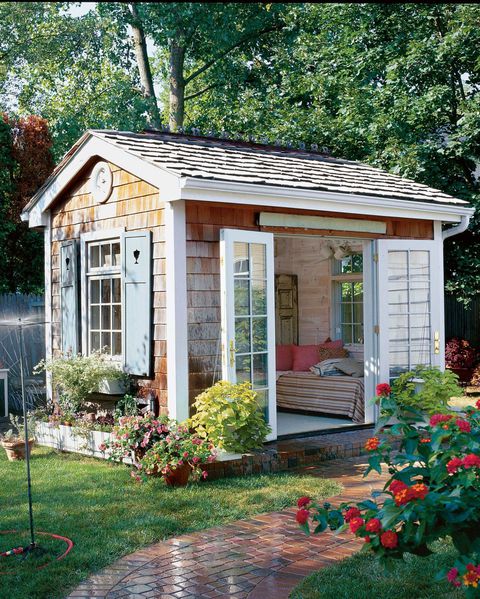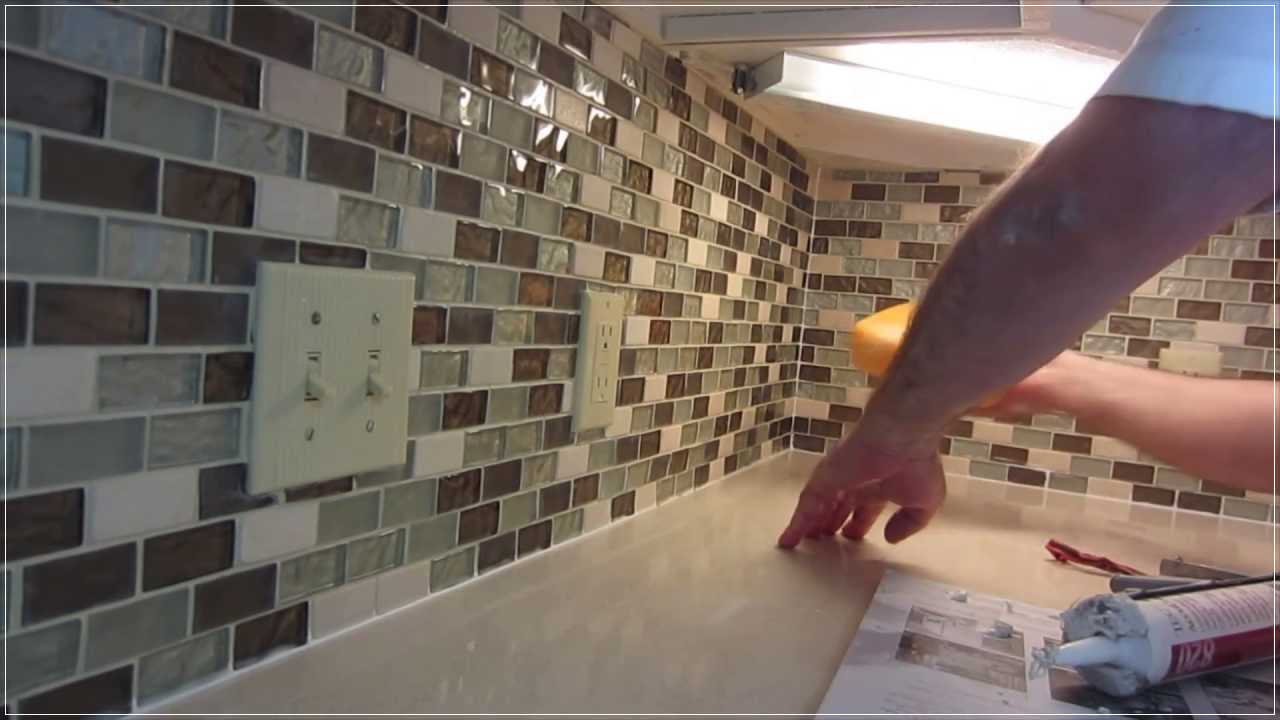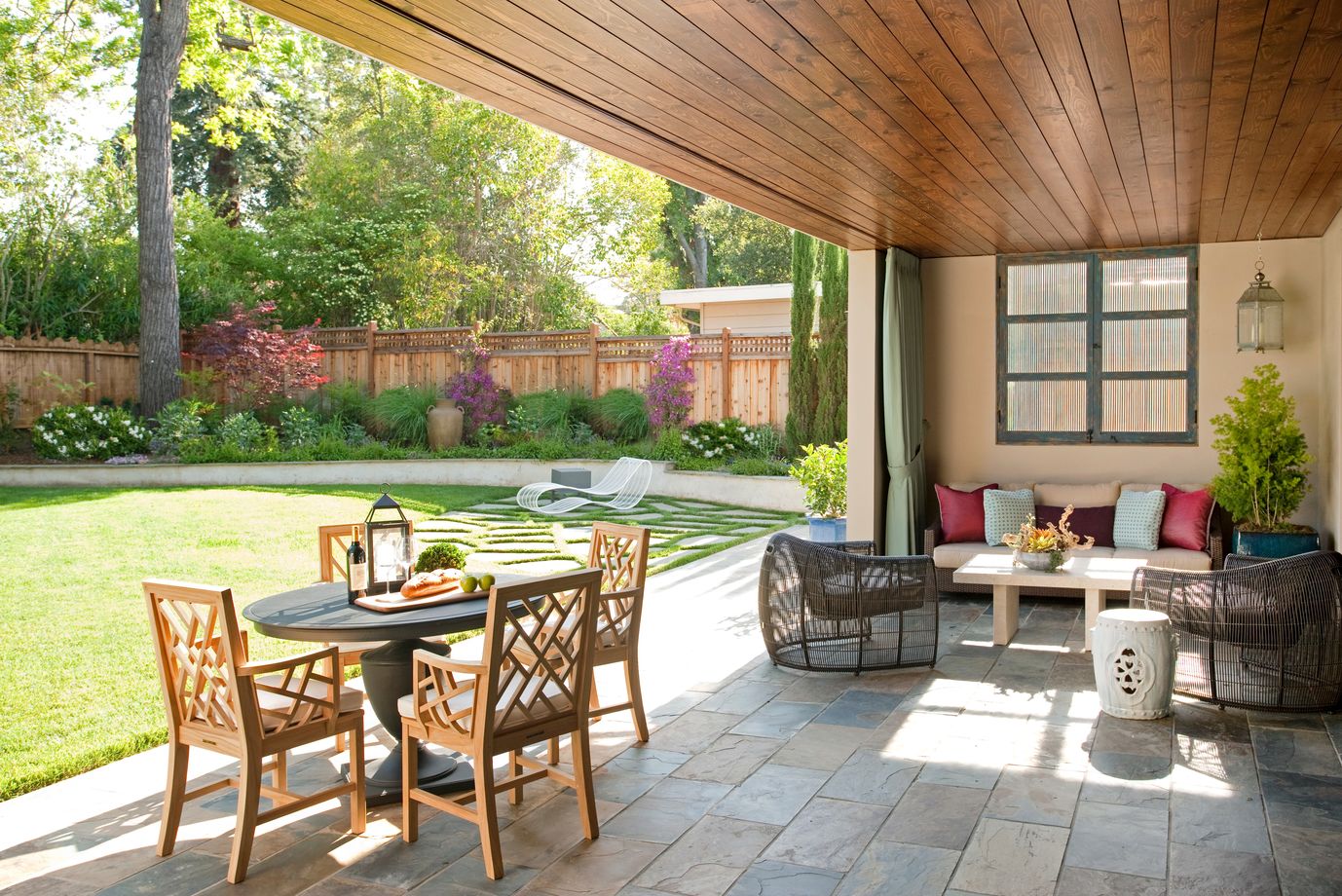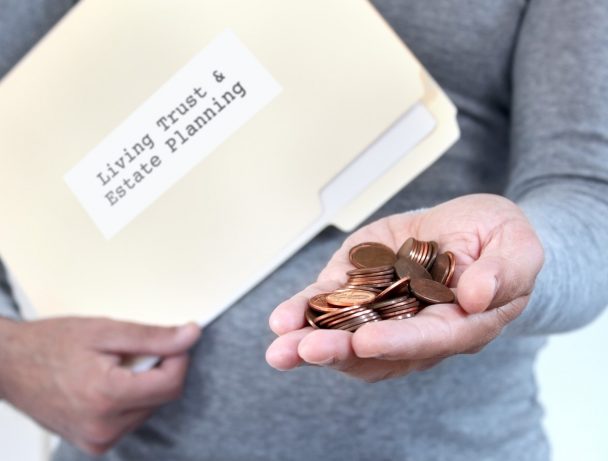
When you are confronting a difficult life issue, you routinely seek guidance from someone who can help you to solve the problem. So, it stands to reason that when you or a family member are confronting the potential or immediate need for long term nursing care, you will want someone experienced with the related planning opportunities on your side. Elder Law attorneys counsel the elderly and their families through all of the important legal considerations they encounter through the phases of the aging process. Elder Law attorneys typically handle legal matters related to preparation of estate planning documents, health care, nursing care planning, and asset protection, guardianship and Medicare/Medicaid.
It is important to select an attorney with a practice that focuses on issues confronting older adults. This should not be a general practice attorney who dabbles in “preparing simple wills” or even an estate planning attorney who does not regularly deal with your specific concerns on a regular basis. Don’t be afraid to interview a potential Elder Law advocate to make sure they have the proper experience and can help you to obtain the best result.
Not only should an Elder Law attorney be able to handle all of the technical and legal needs of the family, but they should also be experienced in dealing with “real people” and their emotional needs. Protecting and providing for the family are central goals for all of us. That being said, much of the planning for protection of assets in the face of the rising cost of long term nursing care involves emotional decision making for all people involved. You need to have an advocate who is calm and comforting, but who is also willing to lay out the hard facts of the situation so you can have a full array of options and consequences.
What Are Some Of The Jobs Of The Elder Law Attorney?
An Elder Law attorney’s role can involve some or all of the following:
- Working with clients to prepare properly drafted estate planning documents such as wills, revocable trusts, general durable powers of attorney, medical powers of attorney and living wills.
- Working with clients to prepare and implement a plan to protect and preserve their home and financial assets so that they are not lost to long term care spending.
- Working with clients to integrate estate and inheritance tax planning and savings into the overall approach.
- Working with clients to select an appropriate assisted living, continuing care or nursing care facility.
- Working with clients to review admissions agreements for care facilities.
- Working with Agents under power of attorney documents to make sure they do not incur personal liability.
- Working with clients to apply for Medicaid.
- Working with clients to apply for Veterans’ Benefits such as Aid & Attendance.
- Working with the family to make sure that all of the parties understand the plan and agree with the way it will be implemented.
Elder Law Attorneys Will Charge For Their Services. What Are Their Fees?
The legal fees associated with assisting the elderly client will vary significantly depending on the tasks that need to be completed.
For aspects of the representation that involve work with an uncertain time commitment, an attorney is likely to charge on an hourly basis. In these cases, you should ask for a good faith estimate on the time expenditure and hourly rate. You can also provide the attorney with a cap at which point he or she must report to you before spending more time/charging more.
For more comprehensive plans, like the protection of family wealth through the use of a Medicaid Asset Protection Trust, flat fee planning is best for the client. This allows you to know the fee upfront without the uncertainty of hourly billing. Additionally, a flat fee structure creates an open sense of collaboration and communication without concern for hourly billing.
In the end, the planning done by the Elder Law attorney can result in tens or hundreds of thousands of dollars of savings for the family. The return on investment in an experienced Elder Law counsel should be significant and well worth the effort once you have located the right advocate.
What Do You Need To Know About Your Elder Law Attorney? Here Are Some Questions To Ask:
It is important to find an attorney who is experienced in dealing with your exact legal issue. “Elder Law” does encompass a broad range of legal issues. It is possible that a single attorney has not covered every issue in the Elder Law universe. Just check with them to make sure your case fits within their wheelhouse.
Additionally, you will want to “like” the person you hire. You should be able to get a sense from the attorney and all of the people you talk to at the law firm that their team will be a good fit for you and your family. You will want someone you feel comfortable calling and a staff of individuals who are willing to go the extra mile for you.
Here are some questions you should ask:
- Is your practice focused on the Elder Law related issues?
- How long has your practice been focused on Elder Law?
- What percentage of your practice is presently devoted to Elder Law?
- Is there an aspect of Elder Law that you would consider your forte?
- Do you have a client intake form that I will need to fill out in advance of meeting?
- What is your fee structure?
Generally, you have to view hiring your Elder Law counsel to be the same as entering into a relationship. You have to trust your attorney to help you and your family through delicate issues and to provide advice that could ultimately protect hundreds of thousands of dollars. This selection will be a key to achieving a successful completion of your goals.
Once you have selected the proper Elder Law attorney, some of the other most common planning considerations are: Creation of Last Will & Testament, Creation of a Medicaid Asset Protection Trust, use of a Medicaid Compliant Immediate Annuity, qualification of the Family Caregiver Exception, creation of the Caregiver Agreement, Irrevocable Burial Reserve, Monthly Gifting Exception, Elder Law Friendly Financial Power of Attorney, Medical Power of Attorney, Living Will.
Check out our other great articles throughout this site that more specifically address the different ways to protect and preserve your assets. Click here: Access to More Blog Articles
For PA Residents: To request our informative Elder Law Guides click here: Request Elder Law Guides Today!
To keep up-to-date with changing laws and new planning options sign up for our free newsletter by clicking here: Subscribe to our Newsletter Here!
By and photo credit: https://www.paelderlawsolutions.com/2017/04/how-to-select-an-elder-law-attorney/
Courtesy of Chester County PA Realtor Scott Darling.

